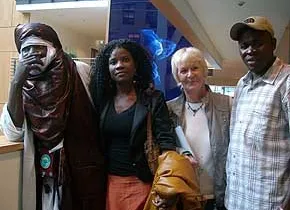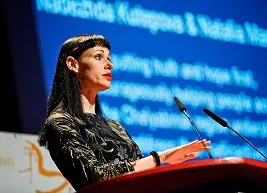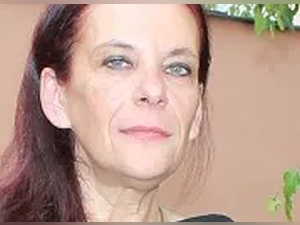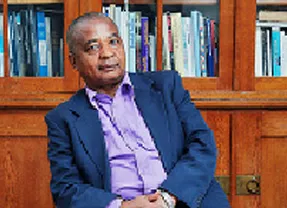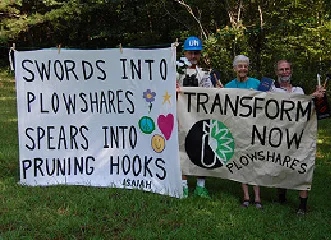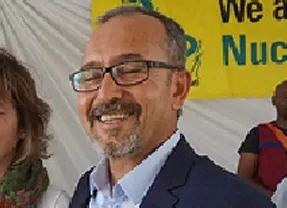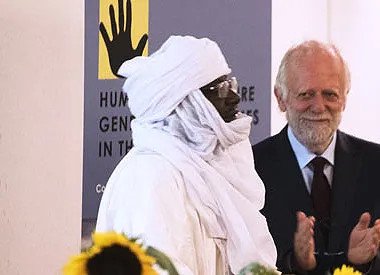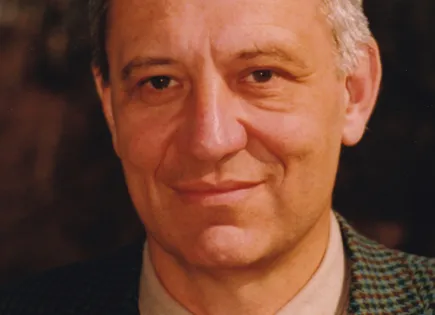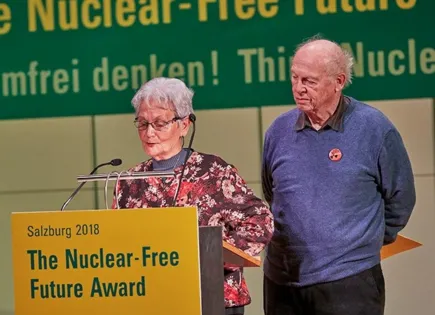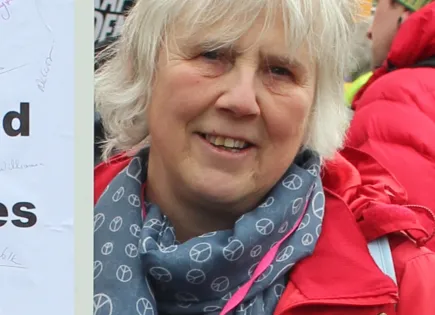Posts by jan
African Uranium Alliance, Africa
Category Resistance – 2010
Resistance to uranium mining in Niger, Tanzania, Malawi, Namibia and South Africa was hardly noticed in the past. However, in November 2009, anti-uranium activists from the five states joined forces and formed the African Uranium Alliance. The main task of the alliance is, besides the resistance against new mines, the education of the workers in the old mines.
Nadezhda Kutepova and Natalia Manzurova, Russia
Category Resistance – 2011
Nadezhda Kutepova co-founded the self-help organization Planeta Nadezhd in 1999. The main goal: to inform people in the “closed city” of Mayak about radiation doses and dangers as a result of the nuclear accident in 1957 and about their rights. Her comrade-in-arms, radiologist Natalia Manzurova, suffers from thyroid cancer. As a result of her liquidator mission in Chernobyl.
Gabriela Tsukamoto and Movimento Urânio em Nisa Não, Portugal
Category Resistance – 2012
Mayor Gabriela Tsukamoto and the organisation MUNN (Movimento Urânio em Nisa Não) could succeed in sparing her home community of Nisa in Portugal the fate of so many uranium mining areas. Their resistance finds many comrades-in-arms because uranium was mined in the area until 1991 and former workers with cancer are still fighting for compensation.
Golden Misabiko / DR Congo
Category Resistance – 2014
Golden Misabiko had made public in 2000 that the Kabila government had eight alleged coupists executed without trial. In 2009, the president of ASADHO published a report on the government’s involvement in illegal uranium mining at the decommissioned Shinkolobwe mine and exposed secret negotiations with the French nuclear power company AREVA.
Megan Rice, Michael R. Walli and Gregory I. Boertje-Obed, USA
Category Resistance – 2015
On July 28, 2012 Megan Rice, then 82, together with Michael R. Walli (63) and Gregory I. Boertje-Obed (57), broke into a so-called “Y-12 Security Complex” in Oak Ridge, Tennessee: one of the tightly guarded places where the United States stores highly enriched, weapons-grade uranium. The three – all members of “Now Swords to Ploughshares” – sprayed peace slogans.
Arif Ali Cangi, Turkey
Category Resistance – 2016
“Attorney for Life and Justice” is not a registered profession. And yet it would be the appropriate job title for Arif Ali Cangi, who has been a board member of a lawyers’ association dealing with human rights issues, protection against torture and the rights of women, children and prisoners since 1995. He is committed to combating the illegal storage of nuclear waste and the construction of the Akkuyu nuclear power station.
Almoustapha Alcahen, Niger
Category Resistance – 2017
In 1978, Almoustapha Alhacen was employed by the Areva nuclear company as a worker in a uranium mill near Arlit. Because there were strange illnesses among colleagues and their wives and mysterious deaths of relatively young people, Alhacen founded a local NGO called Aghirin`man in 2002, in Tuareg language “Protection of the Soul”, dedicated to research into uranium dangers.
Peter Weish, Austria
Categories: Lifetime Achievement and Special Recognition – 2018
Peter Weish is something like the father of the Austrian anti-nuclear movement. The studied biologist, chemist and physicist was from 1966 to 1970 employee at the Institute for Radiation Protection in the Seiberstof reactor centre. Since 1969 he has been a declared opponent of nuclear power, and it is largely thanks to him that the Zwentendorf nuclear power plant was built but was shut down shortly before it went into operation and never went on line. He was awarded the honorary prize for his life’s work.
Didier & Paulette Anger, France
Categories: Lifetime Achievement and Special Recognition – 2018
Didier and Paulette Anger were awarded for their life’s work against nuclear power. Since the 1970s, they have experienced the various facets on their doorstep – and have been committed to opposing it: The reprocessing plant at La Hague went into operation in 1966, spent fuel rods from Germany arrived at the Valognes station in 1966, reprocessed nuclear waste and MOX fuel elements were shipped to Japan at the port of Cherbourg, and French nuclear submarines entered and left the port. Finally, in Flamanville, the first reactor block went on line in 1985. The third has been under construction since 2005.
Linda Walker, Great Britain
Category Solution – 2018
Linda Walker started her Chernobyl Chilrden’s Project (CCP) charity in 1995 and offered recreational holidays to healthy children in the UK. Then Linda and her team noticed how positive the stay had been for two children who had undergone severe cancer treatment. The programme was then extended to include sick children and today CCP (UK) is increasingly bringing young cancer rehabilitation patients into the country.
